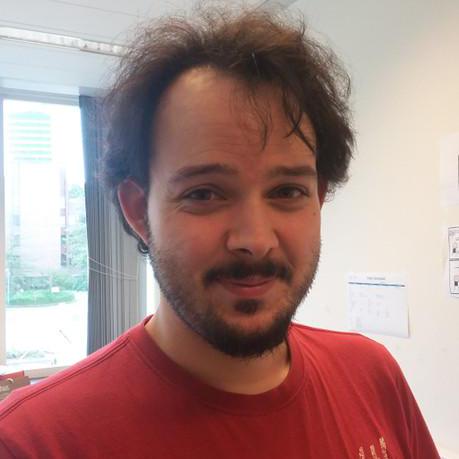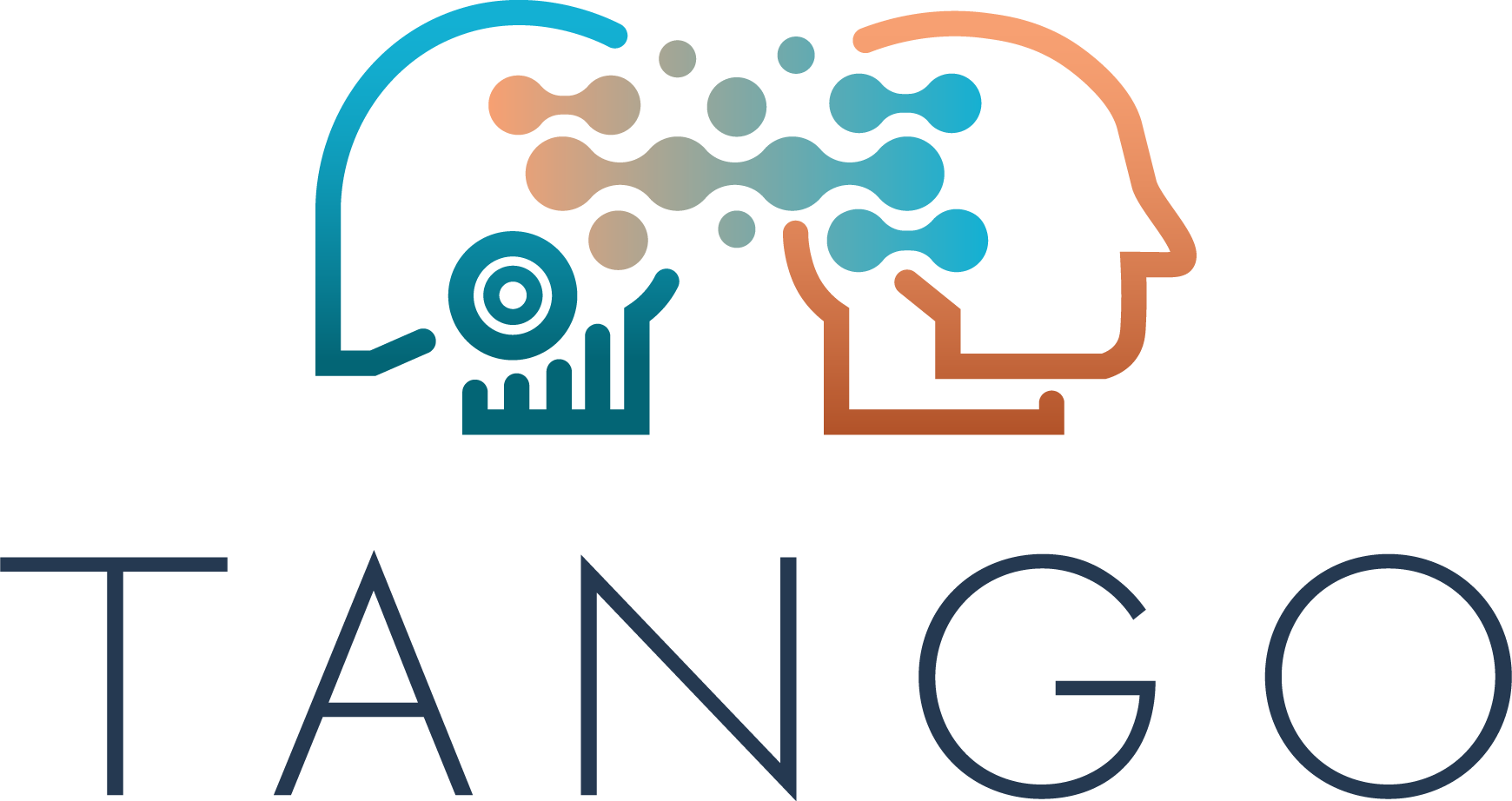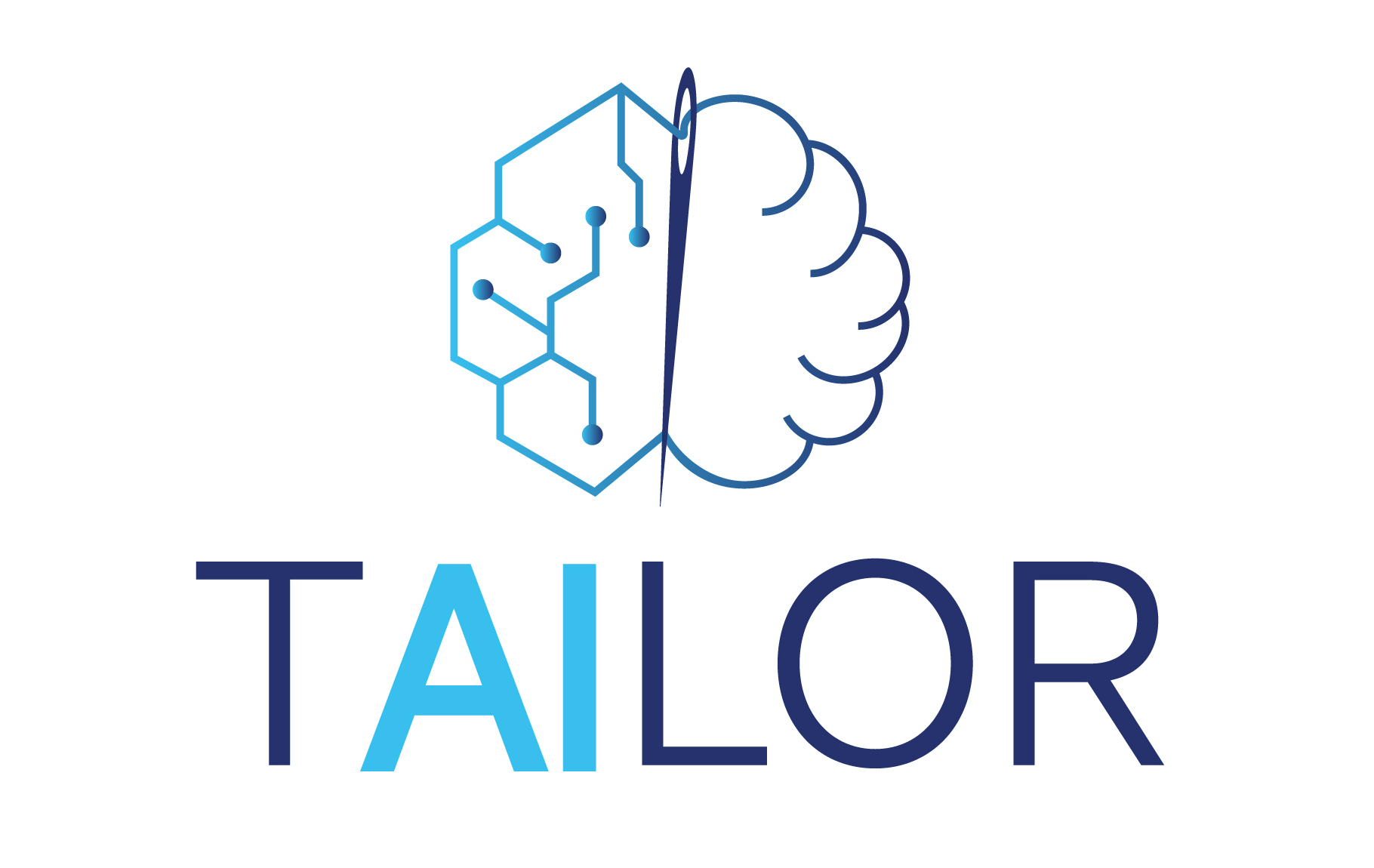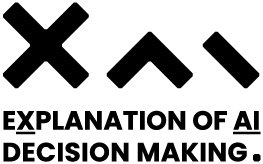Workshop opening
9:00 - 9:10
Welcome, General Overview, Supporting projects presentation: TANGO, TAILOR, XAI, PNRR-FAIR, PNRR-SoBigData.it
Keynote 1
9:10 - 9:50
Prof. Marco Zenati
Title: AI Coach/AI for Decision Making in Surgery
(slides available)
Abstract: There are 310 million surgical procedures performed worldwide every year, with almost 50 million complications (16%) and 1.4 million deaths (0.4%). A significant proportion of these adverse events are preventable. The science of surgery is one of the most complex and least transparent and understood. Digital surgery,
encompassing use of AI, robotics, computer vision, cloud-based solutions etc., aims to bring a new level of scientific rigor and transparency by providing tools that augment the surgeon and team with better perception and judgement.
Keynote 2 (Online)
9:50 - 10:30
Prof. Manuel Gomez Rodriguez
Title: Improving Decision Making with Machine Learning, Provably
(slides available)
Abstract: Decision support systems for classification tasks are predominantly designed to predict the value of the ground truth labels. However, these systems also need to make human experts understand when and how to use these predictions to update their own predictions. Unfortunately, this has been proven challenging. In this talk, I will introduce an alternative type of decision support systems that circumvent this challenge by design. Rather than providing a single label prediction, these systems provide a set of label prediction values, namely a prediction set, and forcefully ask experts to predict a label value from the prediction set. Moreover, I will discuss how to use conformal prediction, online learning and counterfactual inference to efficiently construct prediction sets that optimize experts’ performance, provably. Further, I will present the results of a large-scale human subject study, which show that, for decision support systems based on prediction sets, limiting experts’ level of agency leads to greater performance than allowing experts to always exercise their own agency.
Paper Session 1
10:30 - 10:45
Towards synergistic human-AI collaboration in hybrid decision-making systems by
Clara Punzi, Mattia Setzu, Roberto Pellungrini, Fosca Giannotti, and Dino Pedreschi. pdf
10:45 - 11:00
On the Challenges and Practices of Reinforcement Learning from Real Human Feedback by Timo Kaufmann, Sarah Ball, Jacob Beck, Frauke Kreuter, and Eyke Hüllermeier. pdf
Coffee break (11:00 - 11:30)
Keynote 3
11:30 - 12:10
Prof. Sylvie Delacroix
Title: Ensemble Contestability: Incentivizing not just individual but collective contestation.
(slides available)
Abstract: This talk delves into concrete ways of incentivising the contestability over the longer term of augmentation tools deployed in morally-loaded contexts (Such as justice, health and education). As such, these techniques are designed to point at the need to go beyond the current focus on contestability mechanisms that are only designed to help individual x at time t.
Paper Session 2
12:10 - 12:25
AUC-based Selective Classification by Andrea Pugnana and Salvatore Ruggieri. pdf
12:25 - 12:40
Moral Responsibility in Complex Hybrid Intelligence Systems by David Lyreskog, Hazem Zohny, Edmond Awad, Ilina Singh and Julian Savulescu. pdf
12:40 - 12:55
TCuPGAN: A novel framework developed for optimizing human-machine interactions in citizen science by Ramanakumar Sankar, Kameswara Bharadwaj Mantha, Lucy Fortson, Helen Spiers, Myat Mo, Thomas Pengo, Trace Christensen, Douglas Mashek, Mark Sanders, Jeffrey Salisbury, Martin Jones, Lucy Collinson and Laura Trouille. pdf
12:55 - 13:10
Personalized Algorithmic Recourse with Preference Elicitation by Giovanni De Toni, Paolo Viappiani, Stefano Teso, Bruno Lepri and Andrea Passerini. pdf
Lunch break (13:10 - 14:30)
Keynote 4
14:30 - 15:10
Prof. Alessandro Bozzon
Title: Contestability in AI-powered decision-making systems
Abstract: The General Data Protection Regulation (GDPR) establishes the right of decision subjects to contest decisions taken by automated (AI) systems. Contestability is a _due process_ provision that aims to increase AI systems' transparency by making them open and responsive to human intervention throughout their lifecycle. A contestable system could be perceived as more legitimate. But how does contestability relate to the perception of fairness in automated decision-making? Is contestability a necessary property for the successful uptake of AI-powered solutions? Where could contestability play a role in AI systems' design, implementation, and evolution? In this talk, I will address some of these questions through the results of three recent works developed in the _Knowledge and Intelligence Design_ group of the Delft University of Technology.
Poster session
15:10 - 16:00
Towards a hybrid human-machine discovery of complex movement patterns by Natalia Andrienko, Gennady Andrienko, Alexander Artikis, Periklis Mantenoglou and Salvatore Rinzivillo. pdf
Trustworthy Hybrid Decision-Making by Krishna Sri Ipsit Mantri and Nevasini NA Sasikumar. pdf
Optimizing delegation between human and AI collaborative agents by Andrew S Fuchs, Andrea Passarella and Marco Conti. pdf
Rethinking and Recomputing the Value of Machine Learning Models by Burcu Sayin, Jie Yang, Xinyue Chen, Andrea Passerini and Fabio Casati. pdf
Exploring the Risks of General-Purpose AI: The Role of Nearsighted Goals and the Brain's Reward Mechanism in Processes of Decision-Makings by Deivide G.S. Oliveira. pdf
Conversational XAI: Formalizing its Basic Design Principles by Marco Garofalo, Alessia Fantini, Roberto Pellungrini, Giovanni Pilato, Massimo Villari, Fosca Giannotti. pdf
A Crossroads for Hybrid Human-Machine decision-making by Ben wilson, Matt Roach, Kayal Lakshmanan, Alma Rahat and Alan Dix. pdf
Enhancing Fairness, Justice and Accuracy of hybrid human-AI decisions by shifting epistemological stances by Peter Daish, Matt Roach and Alan Dix. pdf
Interpreting Dynamic Causal Model Policies by John M Agosta, Robert Horton and Maryam Tavakoli. pdf
Learning to Guide Human Experts via Personalized Large Language Models by Debodeep Banerjee, Stefano Teso and Andrea Passerini. pdf
On the Challenges and Practices of Reinforcement Learning from Real Human Feedback by Timo Kaufmann, Sarah Ball, Jacob Beck, Frauke Kreuter, and Eyke Hüllermeier. pdf
Coffee break (16:00 - 16:20)
Keynote 5 (Online)
16:20 - 17:00
Prof. Ece Kamar
Title: In the Pursuit of Responsible AI: Developing AI Systems for People with People
Abstract: Wide-spread adoption of AI systems in the real-world has brought to light concerns around biases hidden in these systems and reliability and safety risks. Addressing these concerns in real-world applications through tools, guidance and processes has paramount importance. This endeavor also introduces new research directions for our community. In this talk, I'll discuss why taking a human-centric view into the development and deployment of AI systems can help to overcome the shortcomings of AI systems and lead to better outcomes in the real-world. I'll share several directions of research we are pursuing towards effective human-AI partnership through combining the complementary strengths of human and machine reasoning.
Panel on Challenges in Human-Machine Learning and Decision Making
17:00 - 18:00
Andrea Passerini (Moderator), Rosanna Fanni, Luna Bianchi, Sylvie Delacroix, Alessandro Bozzon, Marco Zenati, and Dino Pedreschi.






































